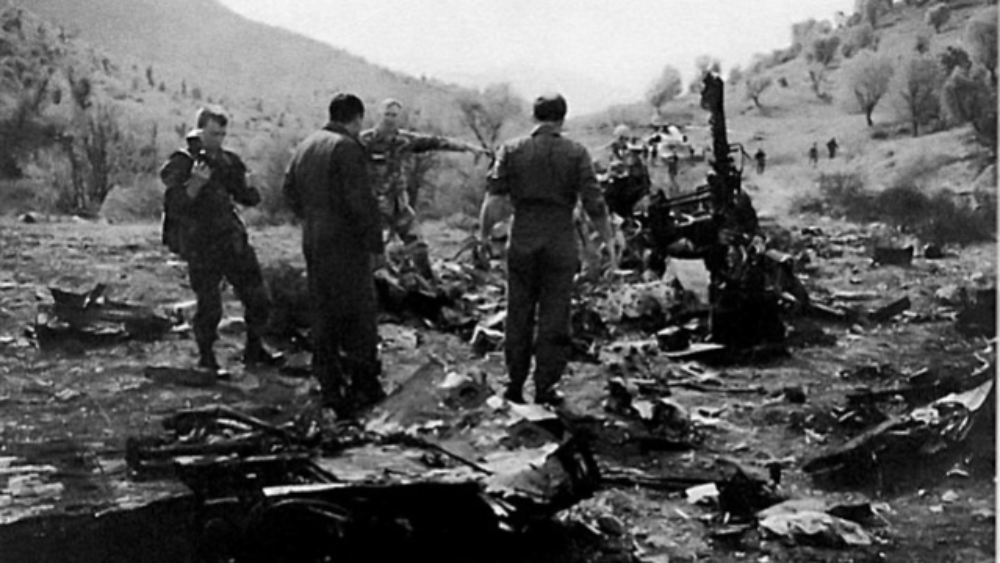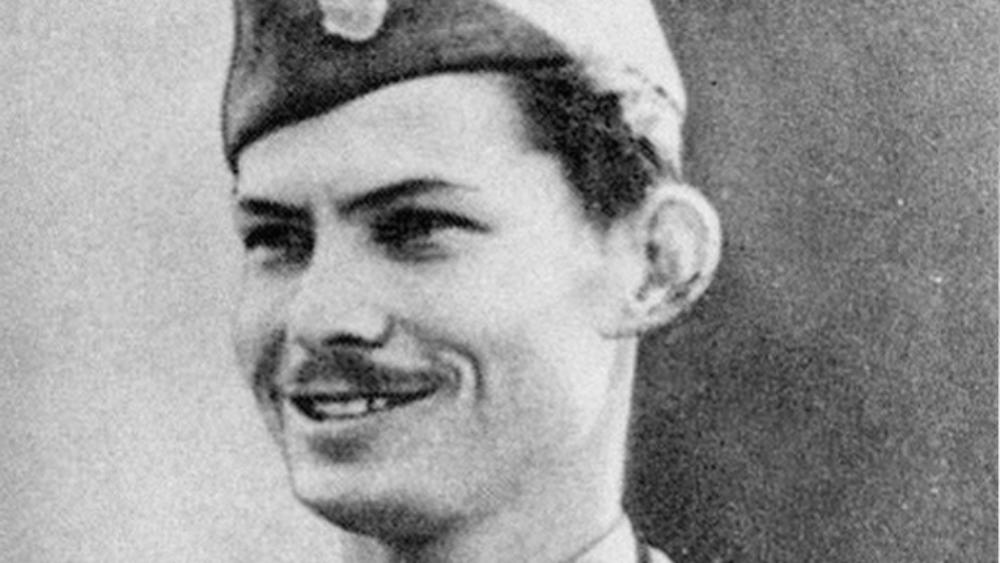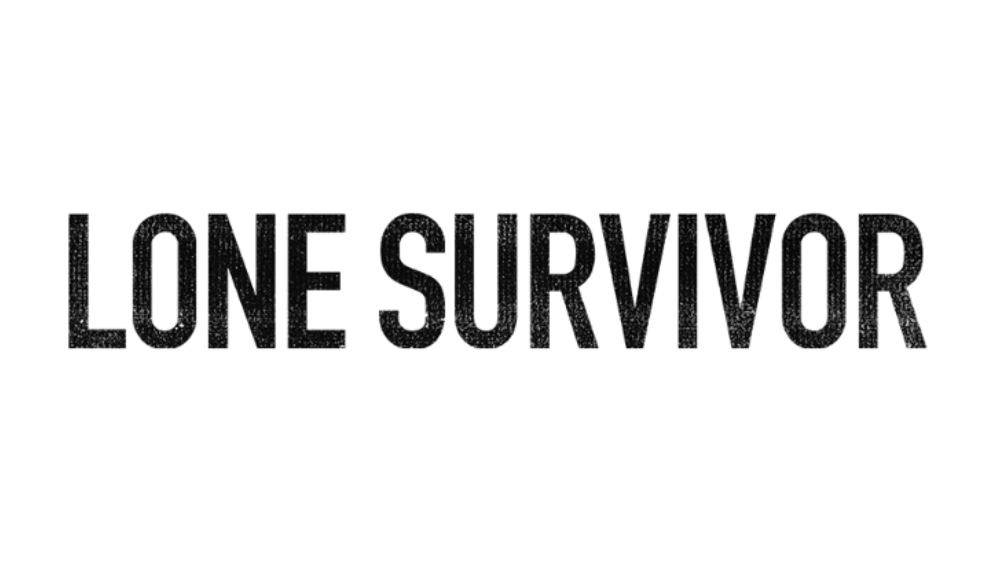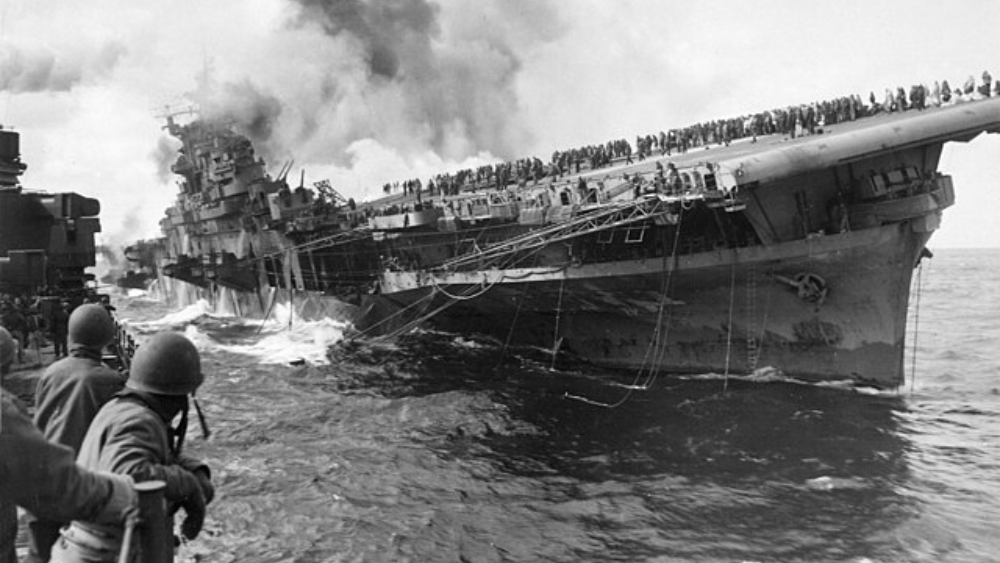War movies have always held a powerful place in cinema. They show us moments of courage, fear, sacrifice, and survival. But not all war films are created equal. Some aim to entertain, others to educate, and a select few are made to honor real people and events. These are the real war films — the ones based on true stories, actual battles, and the lived experiences of soldiers.
As someone who has watched many war movies, I have often found myself wondering:
“I have watched many war movies, but I have never known if they follow the exact facts of the true history.”
That question stayed with me, and I began digging deeper to understand the truth behind the cinematic portrayals.
What Makes a War Film “Real”?
The term real war film is often misunderstood. It’s not just about gritty combat or realistic effects — it’s about historical accuracy, faithfulness to true events, and respect for those who lived through them.
For veterans and their families, this distinction matters deeply. A truly real war movie doesn’t just use uniforms and explosions to tell a story — it strives to portray the emotional and physical realities of war, often reflecting the pain, honor, and complexity of military service.
Key Features of Real War Films:
- Based on documented historical events
- Includes real military operations, battles, or biographies
- Strives for authenticity in tactics, settings, and soldier behavior
- Avoids glorifying or oversimplifying war
Why Accuracy Matters to Veterans and Their Families
For those who have served, watching a fictionalized version of war can feel disconnected or even offensive. War isn’t entertainment — it’s lived trauma, brotherhood, loss, and sometimes triumph.
That’s why films that are based on true stories resonate so powerfully. They validate real experiences. They act as a form of remembrance. Likewise, they open conversations between generations — between veterans, their spouses, and children, trying to understand what their loved ones went through.
When I started questioning whether the movies I’d seen reflected the truth, I realized I wasn’t alone. Many viewers — especially veterans — feel the same way. We want films that don’t just dramatize war but help us understand its human cost.
Notable Real War Films (Based on True Stories)
Drawing from reliable sources like MovieWeb and Vulture, some standout films are critically acclaimed and deeply grounded in reality.
Saving Private Ryan (1998)
- Based on: The Niland brothers’ story during WWII.
- Why it’s real: The D-Day landing sequence is considered one of the most accurate depictions of combat in cinema.
- Veterans have described the Omaha Beach scene as emotionally overwhelming due to its realism.
Black Hawk Down (2001)

- Based on: The 1993 Battle of Mogadishu.
- Why it’s real: The film closely follows Mark Bowden’s book and real accounts from Delta Force and Army Rangers.
Hacksaw Ridge (2016)

- Based on: Desmond Doss, a medic who refused to carry a weapon in WWII.
- Why it’s real: Many scenes are direct recreations of eyewitness accounts. Doss was awarded the Medal of Honor.
Lone Survivor (2013)

- Based on: Operation Red Wings in Afghanistan.
- Why it’s real: Marcus Luttrell, the real survivor, consulted on the film and appears briefly in it.
The Pianist (2002)
- Based on: The autobiography of Władysław Szpilman, a Polish Jewish pianist during WWII.
- Why it’s real: The film preserves the raw isolation and moral despair experienced by civilians during wartime.
Can Films Ever Capture the Full Reality?
This is the heart of the dilemma. Even the most detailed, fact-based film is still a representation. It compresses time. Also, it simplifies emotions. It cannot replicate the sounds, smells, or split-second terror of combat.
But it can respect the truth.
That’s why it’s so important to recognize that even real war films must walk a delicate line. They can never fully capture the lived experience of those who fought, but when done with integrity, they can honor the memory and educate the public.
I return to that feeling I had after watching yet another war movie:
“I have watched many war movies, but I have never known if they follow the exact facts of the true history.”
And that’s when I realized — part of the responsibility falls on us, the audience, to ask the hard questions. Did this really happen? Who was involved? What’s missing?
How to Tell If a War Movie Is Based on True Events
Here are some practical ways to check whether a war movie is grounded in real history:
- Research the backstory – Look up the names, places, and dates.
- Look for disclaimers – Some films admit to taking creative liberties.
- Check veterans’ reviews – Many ex-military personnel write or comment online.
- Use trusted sources – IMDb and MovieWeb often indicate if a film is based on true events.
- Read the original memoirs or books – Many real war films are adapted from firsthand accounts.
Why This Matters Today
In a time when misinformation is everywhere, films play a powerful role in shaping public understanding of history. For younger generations, a war film might be their first exposure to events like D-Day, Vietnam, or Iraq.
That’s why choosing real war films — those rooted in truth — is more than a matter of taste. It’s a matter of legacy.
For veterans, these films can feel like moments of acknowledgement. For their families, they offer rare insight into what a loved one endured. And for the rest of us, they are a window into a world we must never forget.
Truth, Memory, and the Power of Film
There’s something powerful about watching a war film and realizing it’s not fiction. It happened. Someone lived that moment. Someone survived it — or didn’t. That power comes with responsibility — both for filmmakers and for us, the viewers. So the next time you sit down to watch a battle unfold on screen, ask yourself what I did:
“I have watched many war movies, but I have never known if they follow the exact facts of the true history.”
That question can be the start of something bigger: a journey into truth, memory, and honoring those who served, not through fantasy, but through fact.











